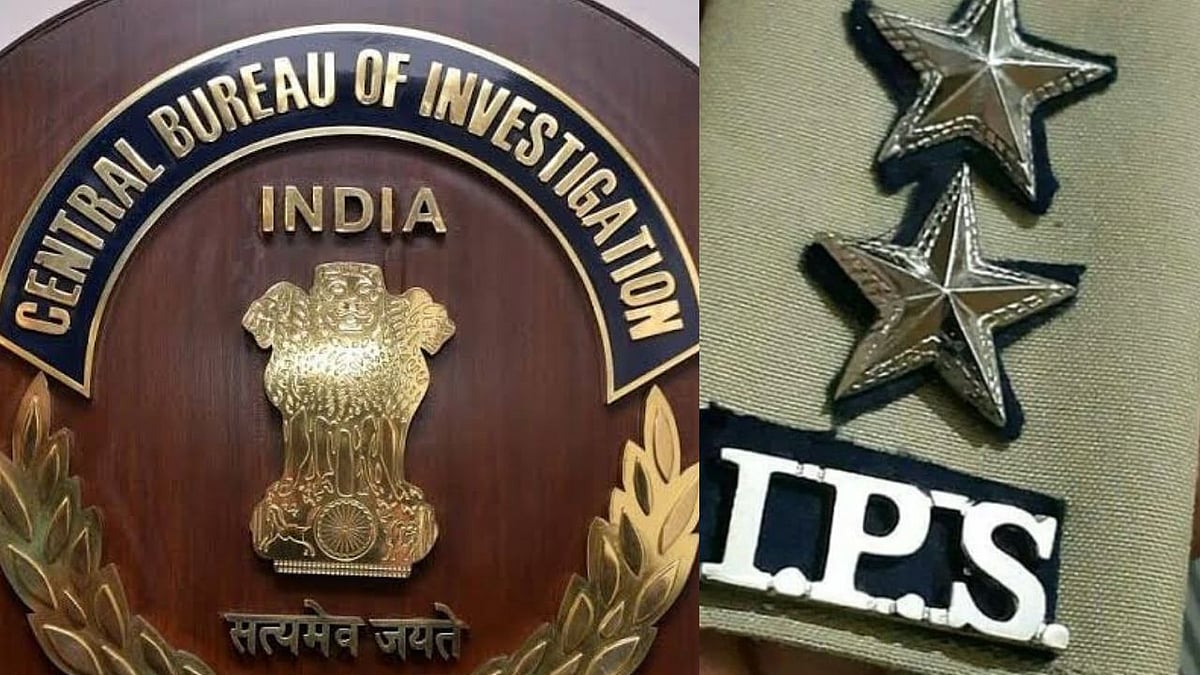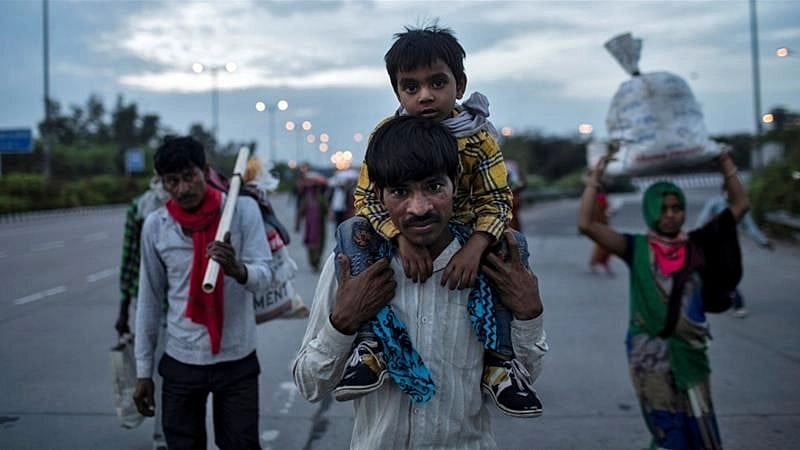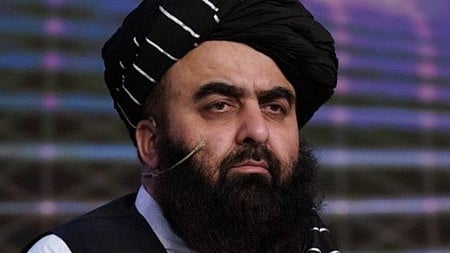It is raining Bharat Ratnas, isn’t it? In the last 15 days, five were thus honoured with the nation’s highest civilian award, while a total of 48 have been decorated with Bharat Ratnas since 1954 when these were first instituted. With the latest five the tally goes to 53. A combination of political factors and genuine achievement in their respective fields of activity seemed to have determined the winners. Bihar socialist leader the late Karpoori Thakur was the first to be honoured this year. The BJP veteran L K Advani came next. Both were foremost champions of their respective causes; in the case of Thakur it was the socio-economic uplift of the traditionally backward castes, a precursor to the Mandal reservations. As for Advani, the only one living among the five awardees, his able and aggressive stewardship of the Ram temple movement bore fruition on January 22 with Prime Minister Modi playing yajman at the grand inaugural of the temple in Ayodhya. Due to poor health, Advani could not be present physically to witness the successful culmination of the campaign he had done much to energise with his historic Rath Yatra in the early 90s. Yet, he had reason to feel happy that his one-time junior colleague who is prime minister now in recognition of his excellent contribution has honoured him with the nation’s highest civilian award.
On Friday, three more Bharat Ratnas were announced. And each had political overtones insofar as the ruling party would expect to win over the diverse and widely spread out constituencies each one of the winners represented. Former prime minister Narasimha Rao at last got his due from a BJP Government while his own Congress Party treated him shabbily, not even allowing his body to be brought to the Congress headquarters. Sonia Gandhi’s extreme antipathy denied him a funeral in Delhi, the only prime minister not to have his samadhi in the capital. Regrettably, Manmohan Singh, a life-long career bureaucrat, whom Rao had picked for the Finance Minister’s job after retirement, did not have the courage to stop the maltreatment. So much so, Singh as prime minister would not even spare a few moments to nip down to Andhra Bhavan where well-wishers of the late prime minister would gather every year to mark his death anniversary. Singh as an economic bureaucrat for over three decades had implemented the most stringent features of the license-quota raj. He was now happy appropriating Rao’s medal of honour as the father of economic liberalisation and reforms. For sure, Singh failed to do the right thing with the memory of his chief benefactor for fear of annoying his then benefactor, Sonia Gandhi. But then doing the right thing whatever the cost to one’s own career sifts the weak from the courageous, the careerist-opportunist from an upright man of principle. Without doubt, Rao made an epochal turn in the nation’s economic journey, rescuing it from the socialist rut in which it was pushed by the purveyors of samajwad and socialism. Modi’s BJP has now deservedly laid claim to Rao’s political legacy. His extended family is grateful at the rehabilitation of the late prime minister at long last.
If Nitish Kumar moved the Bihar chief ministerial kursi from the RJD corner to the BJP’s, he had found a fig-leaf in the award of Bharat Ratna to his late mentor Karpoori Thakur. Likewise, speculation was rife that Jayant Choudhary, the grandson of the farmers’ leader from western UP, the late Charan Singh, might soon part with Akhilesh Yadav to join the BJP-led NDA. “Dil jeet liya” was his winning response to the award. Realising that the western UP Jats, his main supporters, were increasingly attracted towards the BJP, especially after the Ram Mandir, Jayant reckons his chances of winning with the saffron party far better than with staying on with the SP. Though Charan Singh was unprincipled in the latter phase of his life to achieve his “life-long ambition” to become Prime Minister, he was a champion of the farmers’ cause, challenging Nehru on the collectivisation of farming. The Jat leader singly-handedly stopped Nehru from committing yet another costly blunder. Meanwhile, the only non-professional and a great agriculture scientist to win the honour was M S Swaminathan. Popularly known as the father of the Green Revolution, to him goes the credit for freeing India from the stigma of living from ship to mouth on Public Law (PL) 480 wheat. This was at the peak of Nehru’s tryst with destiny. Thankfully for Indians, Bharat Ratna Rao discarded the most egregious vestiges of the Nehru-Indira years to put India on the path of economic growth. Meanwhile, there ought not be any more Ratnas this year in aid of the ruling party in its bid to pulverise the Opposition in the parliamentary poll a few weeks hence.










